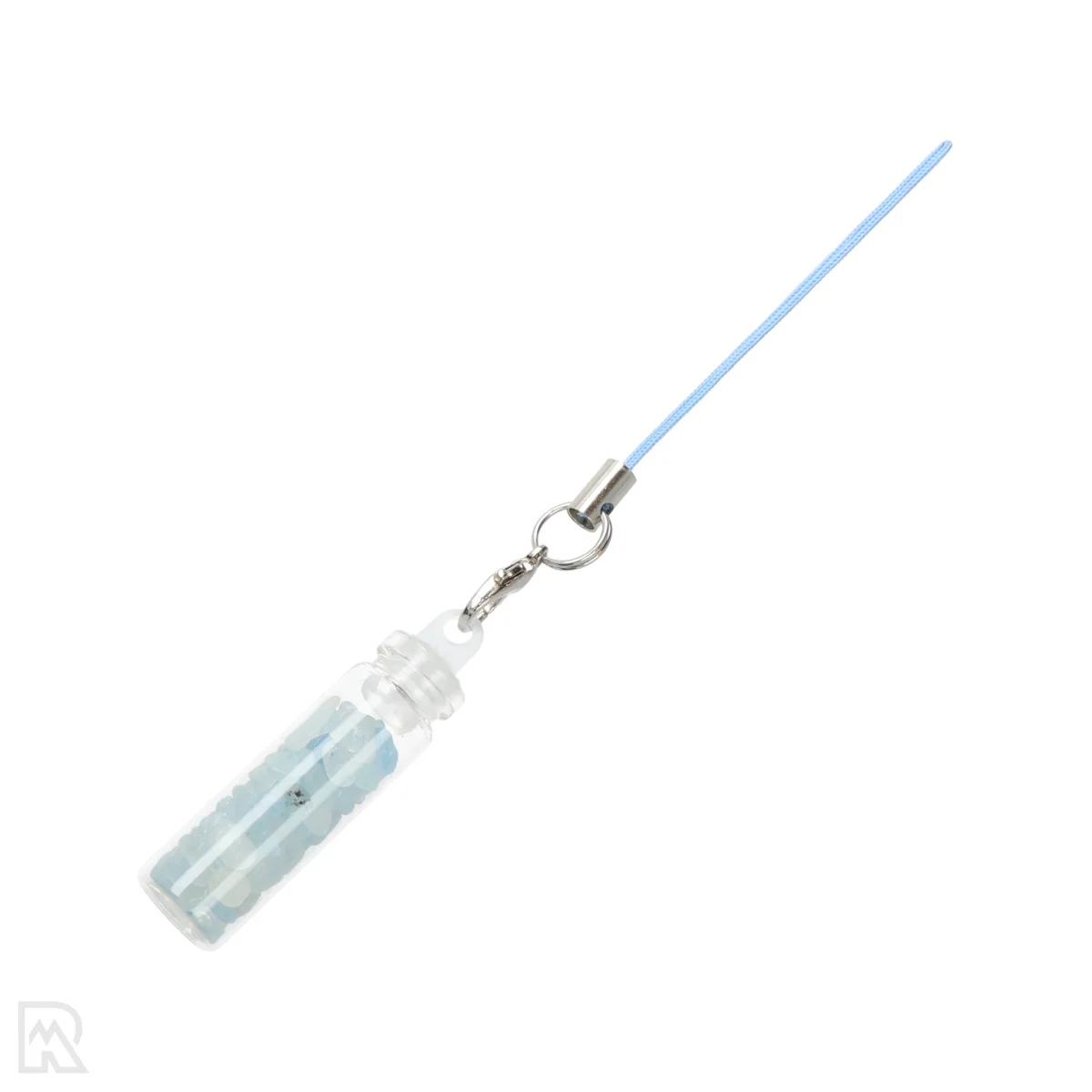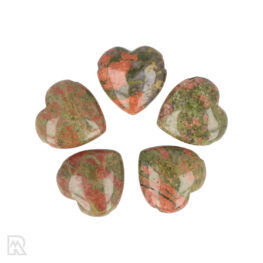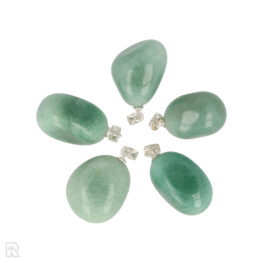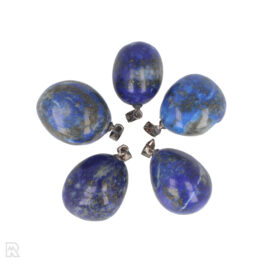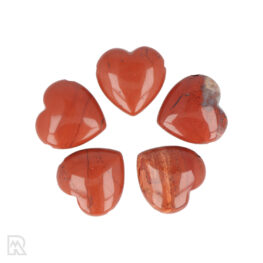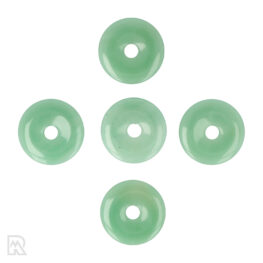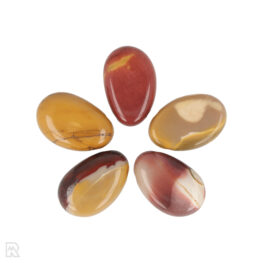| Gewicht | 0,05 kg (50 gr) |
|---|---|
| Dimensions | 1,1 × 1,1 × 3,5 cm |
| Sales Unit | |
| Type | |
| Form | |
| Origin | |
| SKU | 5854 |
Aquamarine Lucky Bottle
Aquamarine Lucky Bottle from China
Aquamarine
Aquamarine is the blue-green variety of the mineral beril and is known for its bright, watery colour reminiscent of the sea. The name is derived from the Latin "aqua marina", meaning sea water. The colour results from traces of iron in the crystal structure and ranges from light blue to light green.
Aquamarine occurs worldwide, with important deposits in Brazil, Pakistan, Madagascar, Russia and Nigeria. Like other berils, it has the chemical formula Be₃Al₂Si₆O₁₈ and crystallises in the hexagonal system. Its hardness is 7.5 to 8 on the Mohs scale, making it well suited for use in jewellery.
Sources:
Mindat.org, Gemdat.org, Wikipedia - Aquamarine
Selenite
Selenite is a clear to translucent variety of the mineral gypsum (CaSO₄-2H₂O). It is known for its glassy to pearly luster and often fibrous structure. A common form is selenite, which has a silky luster and occurs in long, fibrous crystals. Despite its name, selenite has nothing to do with the element selenium; the name is derived from the Greek word for moon, because of its soft luster.
Selenite forms in sedimentary environments during the evaporation of seawater and is found in countries such as Mexico, Morocco, the US and Australia. It is a soft mineral with a hardness of 2 on the Mohs scale, making it easy to work by hand. Almost all selenite sold on the Dutch market is satin spar; however, selenite is a market-accepted sales name.
Sources:
Mindat.org, Gemdat.org, Wikipedia - Selenite
